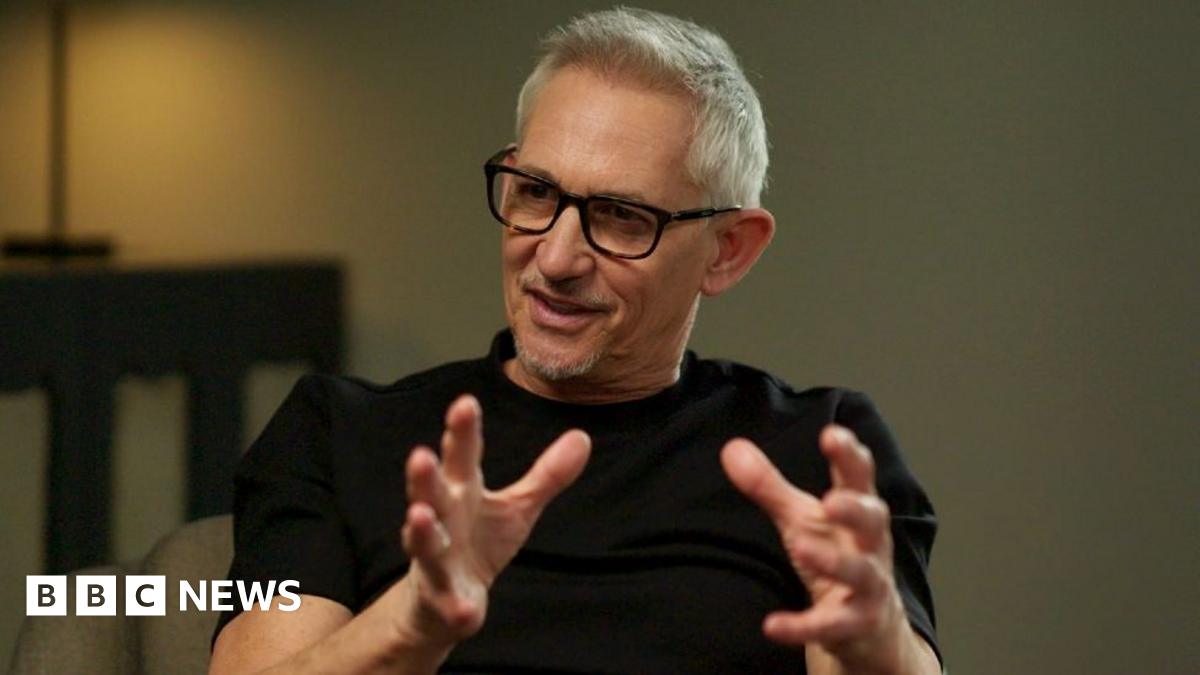Gary Lineker Exit: BBC's Match of the Day in Turmoil
The BBC's flagship football program, Match of the Day, is facing unprecedented disruption following the controversial suspension of its lead presenter, Gary Lineker. The fallout, sparked by Lineker's tweet criticizing the government's new asylum policy, has ignited a fierce debate about impartiality, freedom of speech, and the role of public broadcasters. This article delves into the unfolding events, exploring the implications for the BBC and the future of Match of the Day.
The Tweet That Sparked a Firestorm
The controversy began with a simple tweet. Lineker, known for his outspoken views on social and political issues, compared the language used to launch the government's new asylum plan to that of 1930s Germany. This comparison, deemed by many to be overly strong and potentially inflammatory, triggered a backlash, with accusations of bias leveled against the former England footballer.
The BBC, bound by strict impartiality guidelines, responded by suspending Lineker, a decision that immediately sparked widespread criticism. Many argued that the suspension was an overreaction, a stifling of free speech, and a betrayal of a beloved presenter. Others, however, defended the BBC's stance, highlighting the importance of maintaining impartiality in public broadcasting.
The Ripple Effect: Match of the Day's Empty Seats
The consequences were swift and dramatic. In protest of Lineker's suspension, numerous pundits and commentators, including Alan Shearer and Ian Wright, pulled out of Match of the Day, leaving the program significantly depleted. The resulting broadcast, a largely silent affair with minimal commentary, was a stark demonstration of the power of collective action and the depth of feeling surrounding the situation. This unprecedented event highlighted the deep loyalty and camaraderie within the Match of the Day team.
- Key Players Involved: The controversy involves not only Lineker, but also other high-profile figures like Alan Shearer, Ian Wright, and the BBC's Director-General, Tim Davie.
- Social Media Reaction: Twitter and other platforms erupted with opinions, divided largely along political lines, revealing the deeply polarized nature of the debate. #GaryLineker and #BBC became trending topics worldwide.
- The Future of Match of the Day: The long-term implications for Match of the Day remain unclear. The incident has raised serious questions about the BBC's editorial guidelines and its relationship with its presenters.
A Clash of Values: Impartiality vs. Freedom of Speech
The core of the debate revolves around the tension between the BBC's commitment to impartiality and the right to freedom of speech. The BBC's charter requires it to be impartial, a principle essential for maintaining public trust. However, critics argue that the suspension of Lineker, for expressing his personal opinion outside of his broadcasting role, is a disproportionate response that undermines freedom of expression.
The incident has prompted a wider conversation about the role of social media in public life and the challenges faced by broadcasters in navigating the complex landscape of online discourse. It also raises questions about whether the BBC's impartiality guidelines are fit for purpose in the age of social media.
What Happens Next?
The situation remains fluid. While the BBC has yet to announce a definitive resolution, the fallout from Lineker's suspension will undoubtedly have long-lasting consequences. The event has already prompted calls for reform of the BBC's guidelines, and further protests and discussions are likely to follow. The future of Match of the Day, and the broader landscape of public broadcasting, hangs in the balance. The story is far from over.
Further Reading:
- [Link to a relevant BBC News article]
- [Link to a relevant Guardian article]
- [Link to a relevant Independent article]
This article will be updated as the situation unfolds. Stay tuned for further developments.

